Understanding Amazon VCPM Campaigns: A Guide for Advertisers

Amazon Sponsored Display ads have been a reliable and effective way for brands to reach their customers at every stage of their customer journey.
Historically, it has been run on a cost-per-click model. However, in 2022, Amazon introduced a new, viewable cost-per-mille (VCPM) pricing model to optimize the bids for impressions.
This article will discuss what VCPM is and how to use it to drive results – the right way.
In this post, we’ll cover:
- Decoding VCPM Campaigns
- CPC vs. VCPM Differences
- Who Should Incorporate VCPM Campaigns in Their Advertising Strategy?
- How to Create an Amazon-Sponsored Display VCPM Campaign
- Exploring the Advantages and Drawbacks of VCPM
- Cannibalization and Attribution: Impact of VCPM Campaigns on Sales
Decoding VCPM in Sponsored Display Campaigns
Amazon offers three different types of bid optimization options for Sponsored Display ads:
- Optimize for reach
- Optimize for page visits
- Optimize for conversions.
Based on the bid optimization you choose, Amazon shows the ads to the shoppers at different stages of their journey.
In a shopper’s journey, reach usually comes under awareness, page visits come under consideration, and conversion is the bottom funnel when shoppers are ready to purchase.
Unlike page visits or conversions, Amazon charges “optimize for reach” with the VCPM pricing model.
Traditionally, with CPC (Cost Per Click) campaigns, advertisers are charged when a user clicks on their ad.
In contrast, VCPM focuses on charging advertisers for every 1000 viewable impressions, regardless of whether the user clicks on the ad or not. In a way, it’s a stripped-down version of DSP, but with fewer targeting options and less control.
Now, you might be wondering what a viewable impression really means.
It’s when you see one ad on any place on your screen for 1 second. It doesn’t matter if you can only see just a small part of the ad. It is counted as an impression if it appears on your screen for more than a second.
Who Should Incorporate VCPM Campaigns in Their Strategy

Create VCPM campaigns if you want to reach shoppers at the top of the funnel. Here are some other scenarios where you might consider a VCPM campaign:
- You’re launching a new brand or a product: VCPM campaigns can generate buzz and anticipation, setting the stage for subsequent marketing efforts.
- You’re looking to build your brand: If you aim to reinforce brand identity and messaging on customers, use VCPM campaigns to create recognizable brand awareness in the minds of customers.
- Reach new-to-brand shoppers: VCPM campaigns can help you reach more new-to-brand audiences on and off Amazon.
- Seasonal or promotional events: Use VCPM campaigns to promote offers, seasonal sales, or limited-time promotions to a wide range of shoppers.
- New market entry: VCPM campaigns can introduce your brand to a fresh audience if you want to enter a new market or expand to a different region.
By no means VCPM campaigns alone can drive immediate sales and conversions. However, combining VCPM with other advertising campaigns can create a well-rounded strategy that caters to shoppers at each stage of the buying journey.
CPC vs. VCPM: Differences
Amazon advertising offers two popular pricing models: CPC (Cost Per Click) and VCPM (Cost Per Thousand Viewable Impressions). Each model is quite distinct from the other. Here’s a comparison between CPC and VCPM:
| Metric | CPC (Cost Per Click) | VCPM |
|---|---|---|
| Definition | CPC Stands for cost per click | VCPM stands for cost per thousand viewable impressions |
| Formula | CPC = Total Spend / Total Clicks | VCPM = Total advertising Budget / {(Actual Impressions x Ad Viewability percentage) / 1000} |
| Campaign Goals | Suited for driving conversions on the website. | Effective for increasing brand visibility and message delivery. |
| Use Cases | Performance-driven campaigns like sales. | Branding campaigns, conveying a message, or raising awareness. |
How to Create Amazon Sponsored Display & VCPM Campaign
Now, let’s see how to create a VCPM campaign quickly on Seller Central:
- Step 1: Log in to the Seller Central account and go to Campaign Manager from the left sidebar.
- Step 2: Click the “Create campaign” button on the campaign dashboard and select “Sponsored Display” as the campaign type.

- Step 3: Give all the necessary information about your campaign and ad group.
- Step 4: Choose “Optimize for reach” as the bid optimization strategy to create a VCPM campaign.

- Step 5: Review your campaign settings and configurations to ensure everything is accurate. Once everything looks good, click the “Launch Campaign” button.
Congratulations! Your VCPM campaign is now live and will start displaying your ads to users.
Exploring the Advantages and Drawbacks of VCPM
Like any advertising method, VCPM also has its own advantages and drawbacks. Here are some of them:
Advantages
Broader Reach
With VCPM, you can reach your brand’s messaging to a larger audience, potentially expanding your brand’s reach beyond Amazon.
Exposure to NTB Shoppers
When VCPM ads are displayed off Amazon, they build top-funnel awareness. It means even if the viewer doesn’t immediately click on the ad, the exposure can contribute to brand recall and familiarity, potentially building brand awareness to new-to-brand audiences.
Drawbacks
Limited Targeting Precision
The emphasis on impressions over clicks means that you might not have the same level of control over who sees your ads, potentially leading to waste of ad spending on irrelevant audiences.
Paying for Viewable Impressions
With the VCPM pricing model, you pay for every 1000 viewable impressions, not clicks or conversions. Although it’s excellent for building brand exposure, it’s difficult to calculate the ROAS for these campaigns accurately.
Cost Consideration
VCPM campaigns can be costly, especially when compared to other campaign types. The emphasis on impressions and brand visibility comes with a cost, which might not always align with your budget.
Measurement Challenges
Assessing the true impact of the VCPM campaign on the brand lift can be challenging. The cause-and-effect delay between impressions and measurable outcomes makes it harder to attribute changes in brand perception to the advertising strategy directly.
Cannibalization
For Amazon sellers, VCPM advertising might lead to cannibalization, where ads for a single product compete against each other, potentially leading to skewed data and suboptimal allocation of resources.
Cannibalization and Attribution: Impact of VCPM Campaigns on Sales
Imagine a shopper looking to buy black lipstick and visiting your product details page. Since you’re running VCPM campaigns, Amazon shows the shopper a VCPM ad at the end of their shopping journey just before they hit the Buy Now button.
Now, even if the ad appears halfway at the edge of the screen, the sale will be attributed to the VCPM ad. This is called last-touch attribution.
Due to this last-touch attribution, even if the sales are coming from organic search or other Sponsored ad campaigns, VCPM campaigns get the credits.
In Amazon’s terms, these are “assisted sales” since VCPM ads block another competitor from occupying the ad space and stealing your sales.
So, how do we clearly understand the impact of your ads?
- Shift your focus from ROAS to Total ROAS (TROAS) as a holistic measure of growth and profitability.
- Segregate VCPM campaigns into a dedicated portfolio. This allows better tracking and evaluation of the campaigns’ contribution to brand awareness.
- Strictly use campaigns with a CPC pricing model for consideration and conversion stage of the shoppers’ journey. And use VCPM campaigns together with Amazon DSP to build awareness on the top of the funnel.
With this campaign restructuring strategy, you can see a significant improvement in your campaigns’ total ROAS (PPC + Organic).
Final Thoughts
Building strong brand awareness is key to growth.
Although VCMP campaigns are excellent for reaching customers at the top of the funnel, it’s crucial to understand the potential downsides, like loose targeting, high-cost potential, and, most importantly, the risk of cannibalizing organic sales. Incorrect measurement can often lead you to false insights and prevent you from identifying new opportunities.
However, it doesn’t mean VCPM campaigns are not useful. The trick is to use them smartly to achieve maximum impact while minimizing the downsides.
And that’s where SellerApp comes in. Our team of PPC experts has a proven track record of running full-funnel advertising strategies for big brands like Phillips and Coca-Cola and 20,000+ others. And we can do the same for your brand.
Schedule a call with us, and let us engineer the success your brand deserves.
Additional read:
How does AmazonBasics impact Amazon Seller?
7 Tips for Better Amazon Copywriting
How an eCommerce Help Desk Can Help Your Business Scale


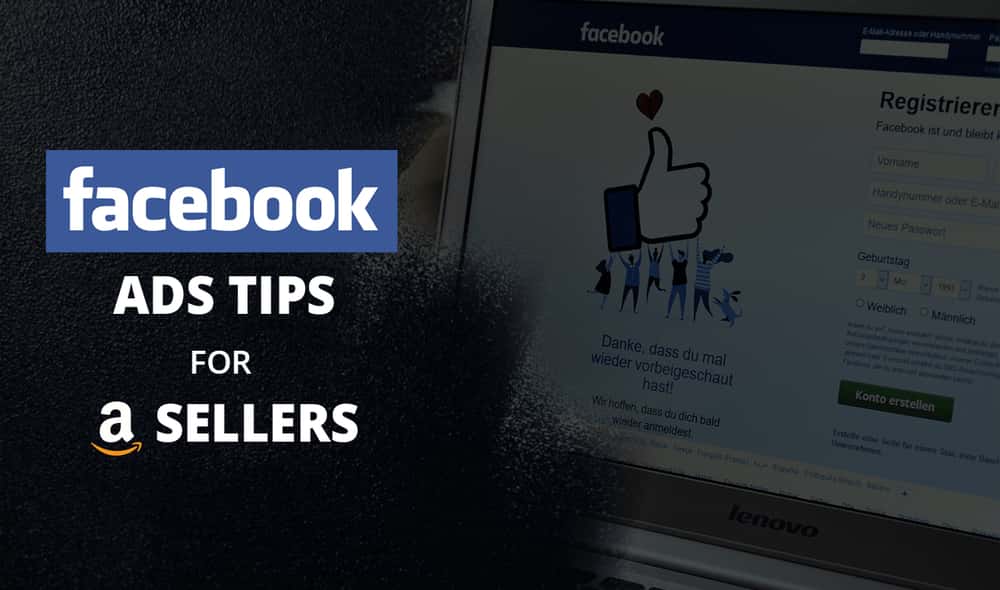
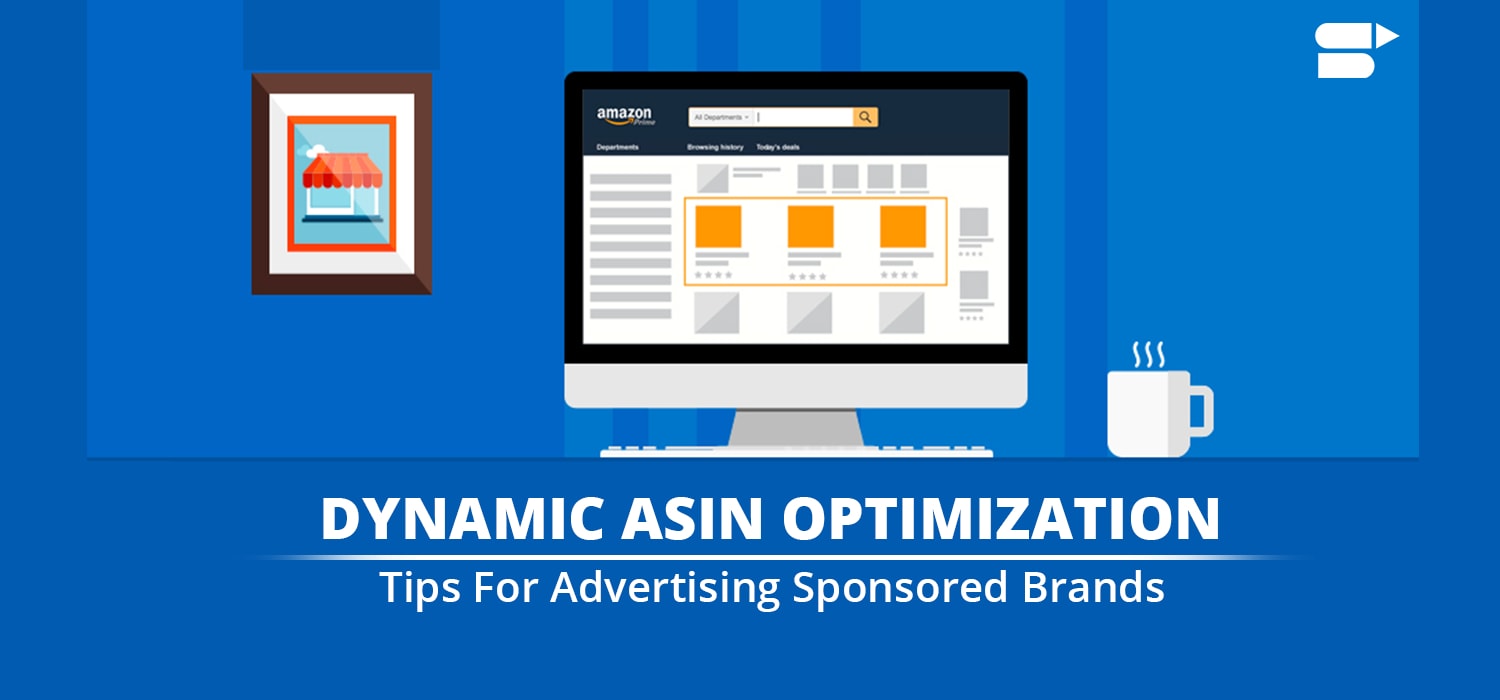
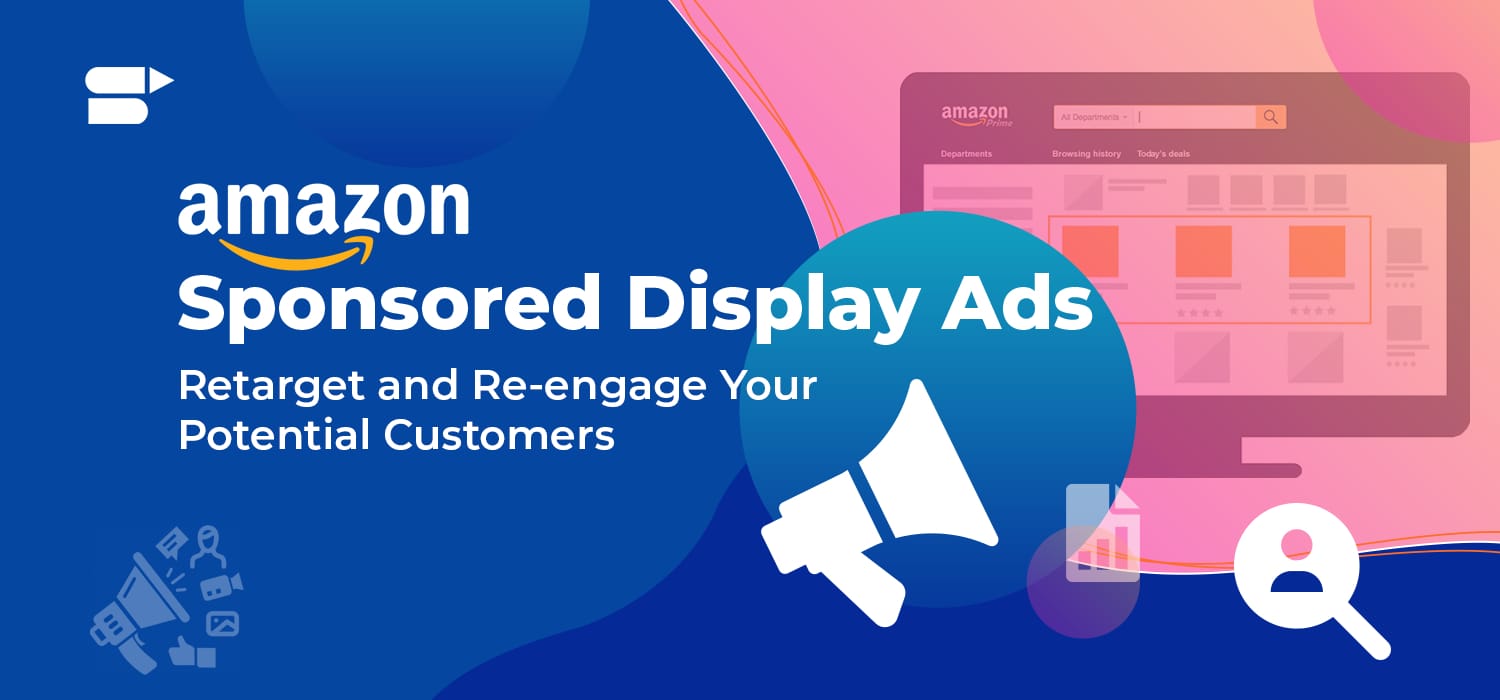

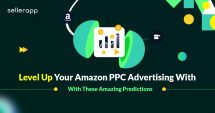
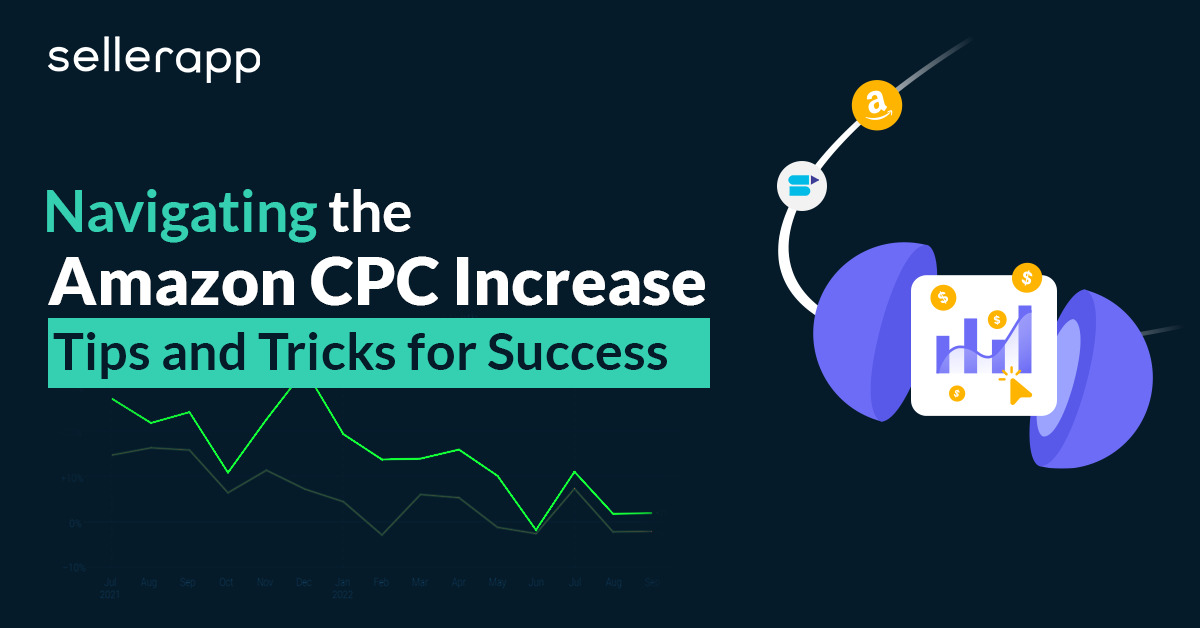
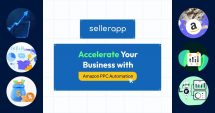

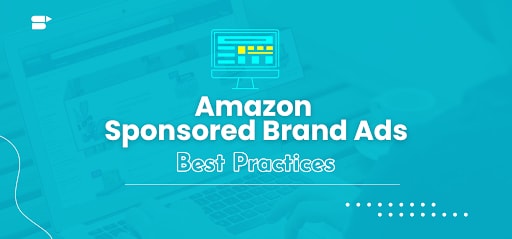
Kyle Peterson
November 17, 2023Interesting read. I learned something new.
Clare Thomas
March 12, 2024Thank you for reading! I’m glad you found it interesting and learned something new.
Melissa Jane
November 24, 2023Great breakdown of Amazon VCPM campaigns! Clear and practical insights for advertisers. Excited to apply these tips to boost my campaigns. Thanks for the valuable guide
Clare Thomas
March 12, 2024Thank you for your kind words! Best of luck with implementing the strategies into your campaign.